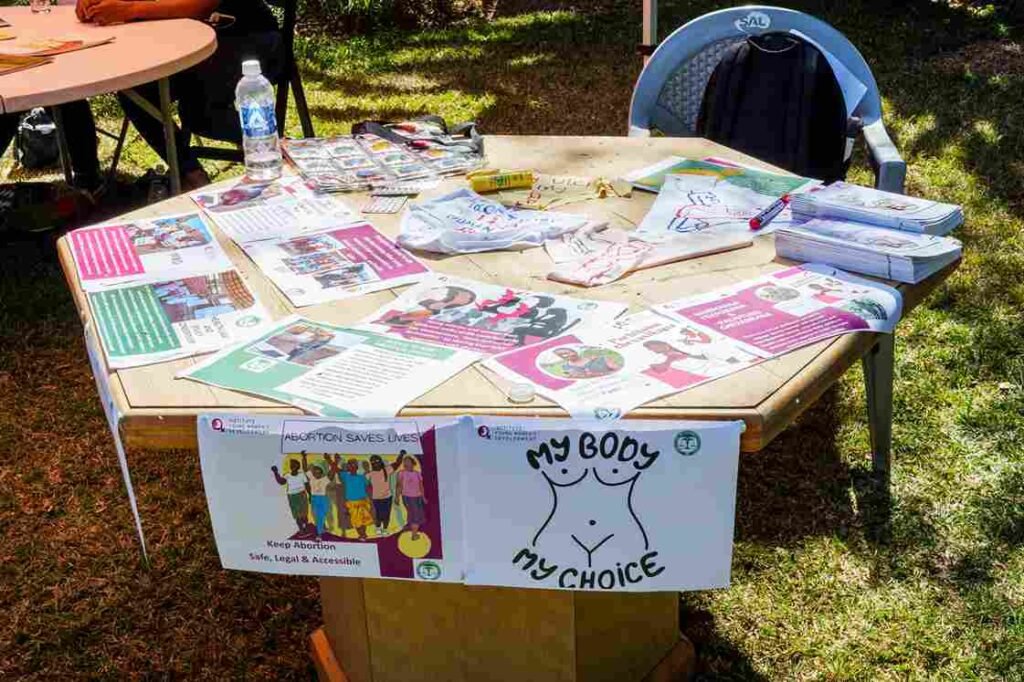Language shapes how we see, treat, and value one another. In conversations involving queer and marginalized people, words can either uplift or deeply harm.
This guide offers context-specific guidance on what to say (and what not to say) when engaging with LGBTQIA+ communities—especially within Zimbabwe, while also noting common global slurs. It’s about affirming identities, rejecting stigma, and choosing language that builds safety and dignity.
Avoiding Common Slurs in Zimbabwean Context
-
Ngochani:
A slur aimed mostly at gay men, but sometimes used broadly. It’s mocking and dehumanizing. Use “gay,” “queer,” or the person’s chosen identity. -
Ngiito:
Used to insult effeminate men or queer people. Avoid. Instead, respect gender expression as diverse and valid. -
Sthabane:
Targets masculine-presenting women, often used to degrade lesbians. Say “butch,” “lesbian,” or “gender nonconforming” only if the person self-identifies that way. -
Kufemera Mugotsi:
A shaming phrase used to mock men in same-sex relationships. Avoid entirely.
Avoiding Other English Slurs
-
Faggot / Fag:
Deeply offensive and violent. Never use it. -
Dyke:
Some lesbians have reclaimed this term, but don’t use it unless someone self-identifies with it. -
Tranny:
A slur against transgender people. Say “trans” or “transgender” instead. -
Hermaphrodite:
Outdated and offensive. Use “intersex” to respectfully refer to individuals with diverse sex characteristics.
Language to Avoid Regarding Gender Expression
-
Effeminate (when mocking):
It’s not harmful to describe someone as effeminate unless used to ridicule. Consider words like “gentle,” “feminine,” or just let people describe themselves. -
Manly / Unmanly:
These terms enforce toxic gender norms. Don’t shame softness or praise stoicism based on outdated gender expectations. -
Masculine / Butch (as insults):
Don’t weaponize these terms. Let people be who they are, whether that includes masculinity, softness, fluidity, or nonconformity.
Why Language Matters
Words don’t just describe reality—they shape it.
Respectful language affirms people. Harmful language can erase, silence, and traumatize. Choosing inclusive, affirming language is one of the most powerful things you can do as a friend, ally, or community member.
General Principles for Respectful Language
-
Respect Self-Identification:
Always use the terms people use for themselves—whether lesbian, nonbinary, gay, queer, trans, or otherwise. -
Don’t Label Without Consent:
Don’t assume someone’s gender or sexuality based on how they look or dress. -
Use Gender-Neutral Language:
Say “partner” instead of “husband/wife,” and use “they” if unsure about someone’s pronouns. -
Don’t Use Language to Shame:
Avoid words that imply something is “wrong” with someone’s identity, body, or choices. -
Challenge Disrespectful Language:
If someone uses a slur, speak up if it’s safe. Educate gently, offer alternatives, and encourage reflection. -
Be Open to Feedback:
If someone tells you a word you used was harmful—listen. Apologize. Learn. Keep growing.
Download the PDF version of this guide below.


